Search

4-H Cultural Education, International Study & Exchange Programs Project
The world is a big place! In this project, you can learn more about your own culture, explore new cultures, share your experience as a host family, or be an exchange delegate.
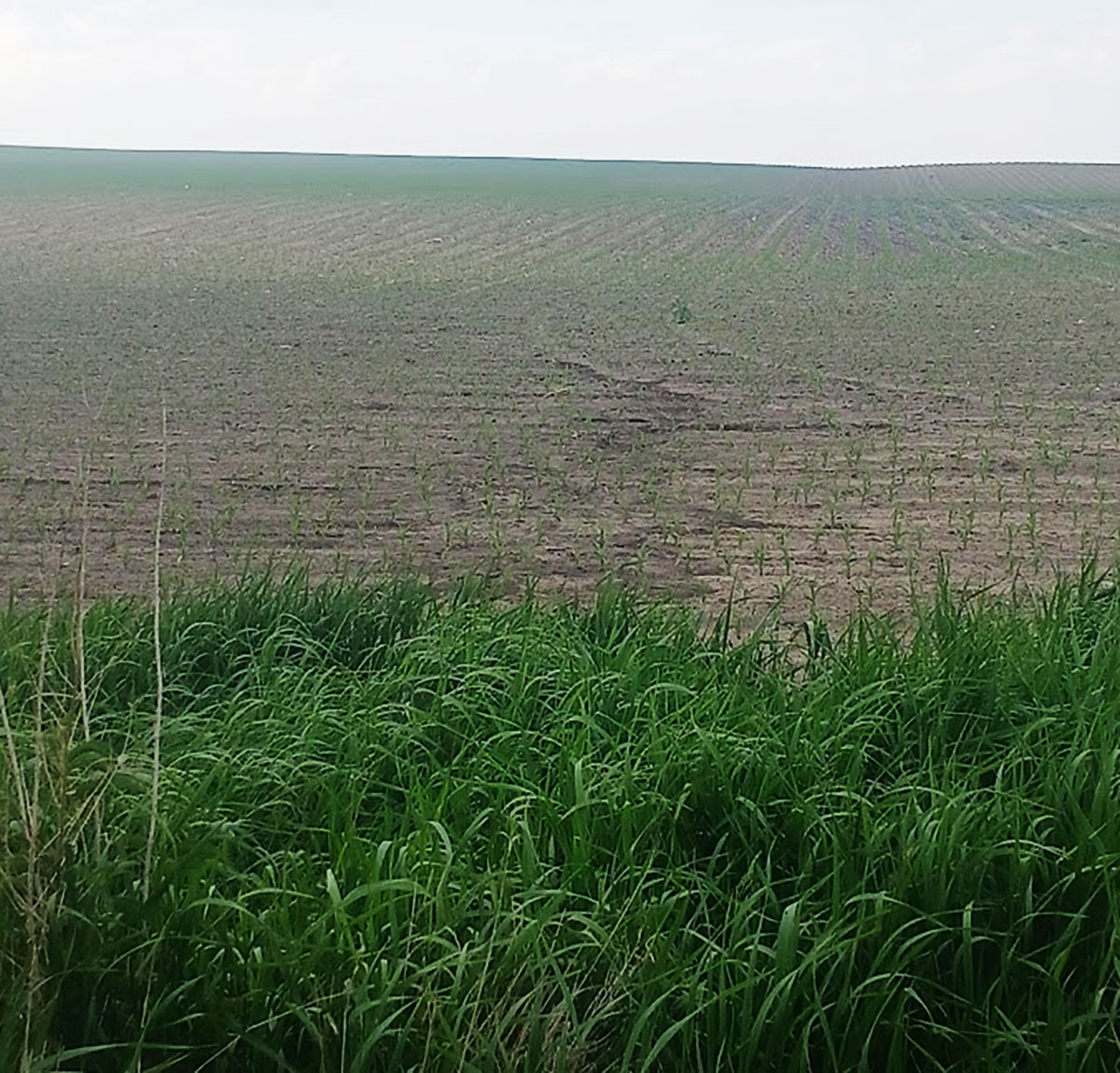
Soil Erosion Mitigation During Heavy Rainfall Events
Adopting soil health practices that minimize disturbance, increase surface cover and organic matter content, and keep roots growing in the soil can help to increase soil infiltration rates and reduce destruction of soil aggregates from heavy rain.

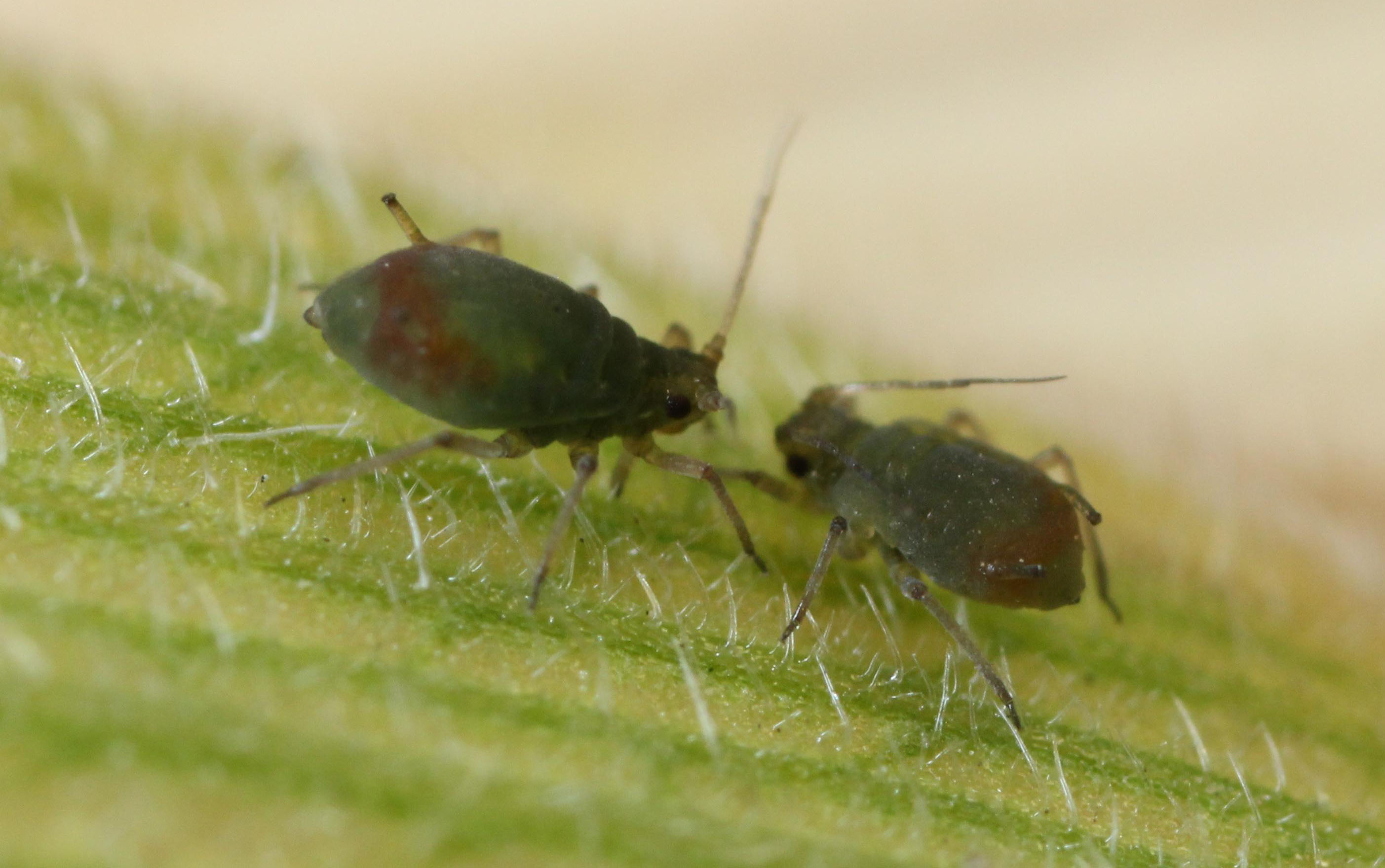
Small Aphid Populations Observed in Wheat
This week we received the first report of aphids in wheat for the 2021 season. The populations won’t be increasing rapidly until the daily temperatures warm up, but it is still a good idea to scout fields and determine if aphids are present.
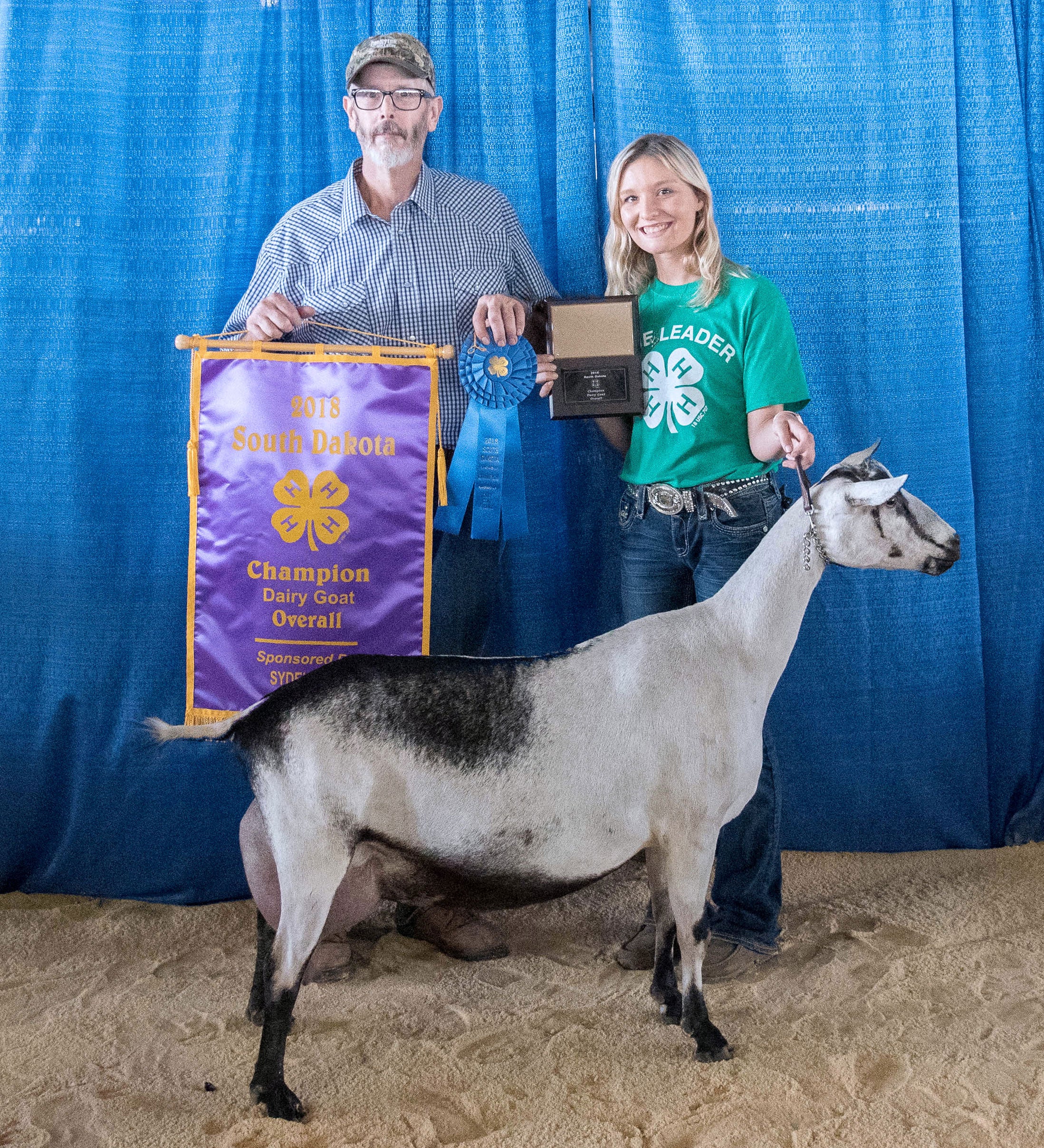
4-H Dairy Goats Project
Did you know that dairy goats produce milk, mohair, and meat? 4-H members can learn skills in handling, caring for, and training a goat. Youth can also learn more about nutrition and safety.
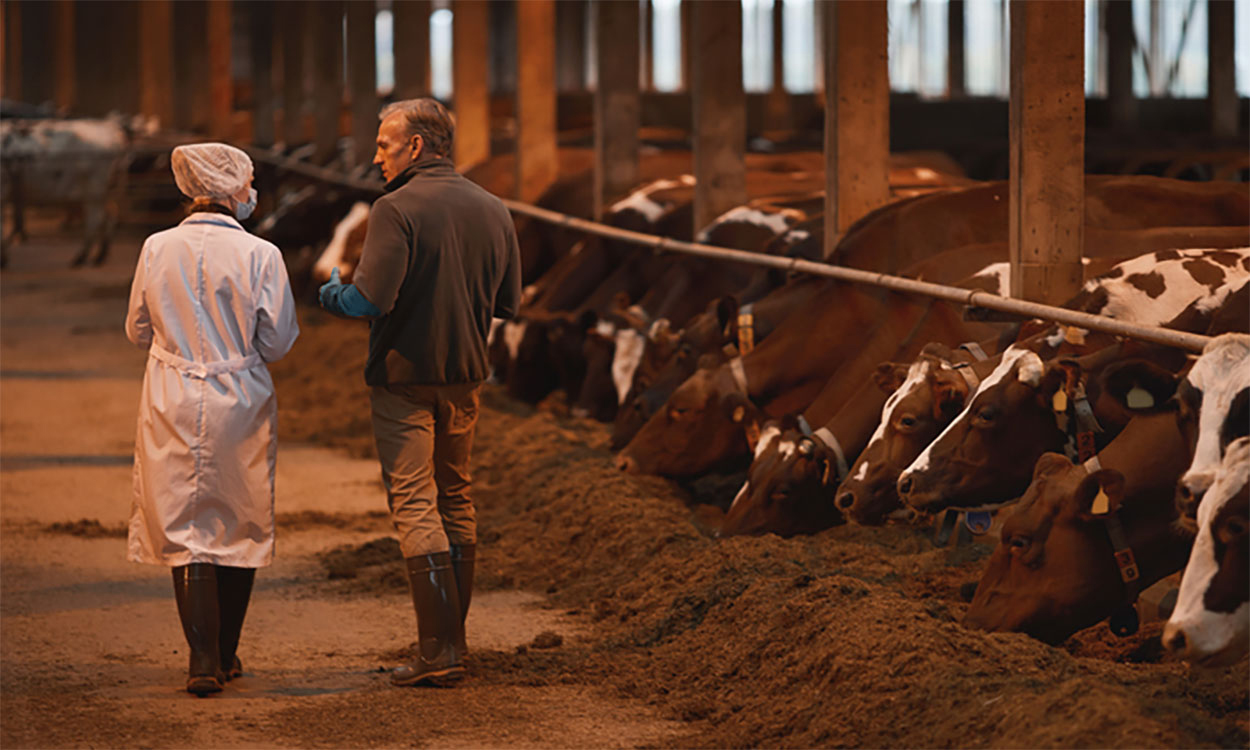
Is There an Ideal Voluntary Waiting Period for Inseminating Your Dairy Cows?
The voluntary waiting period is a crucial management decision that designates a target number of days postpartum, after which cows will be inseminated.
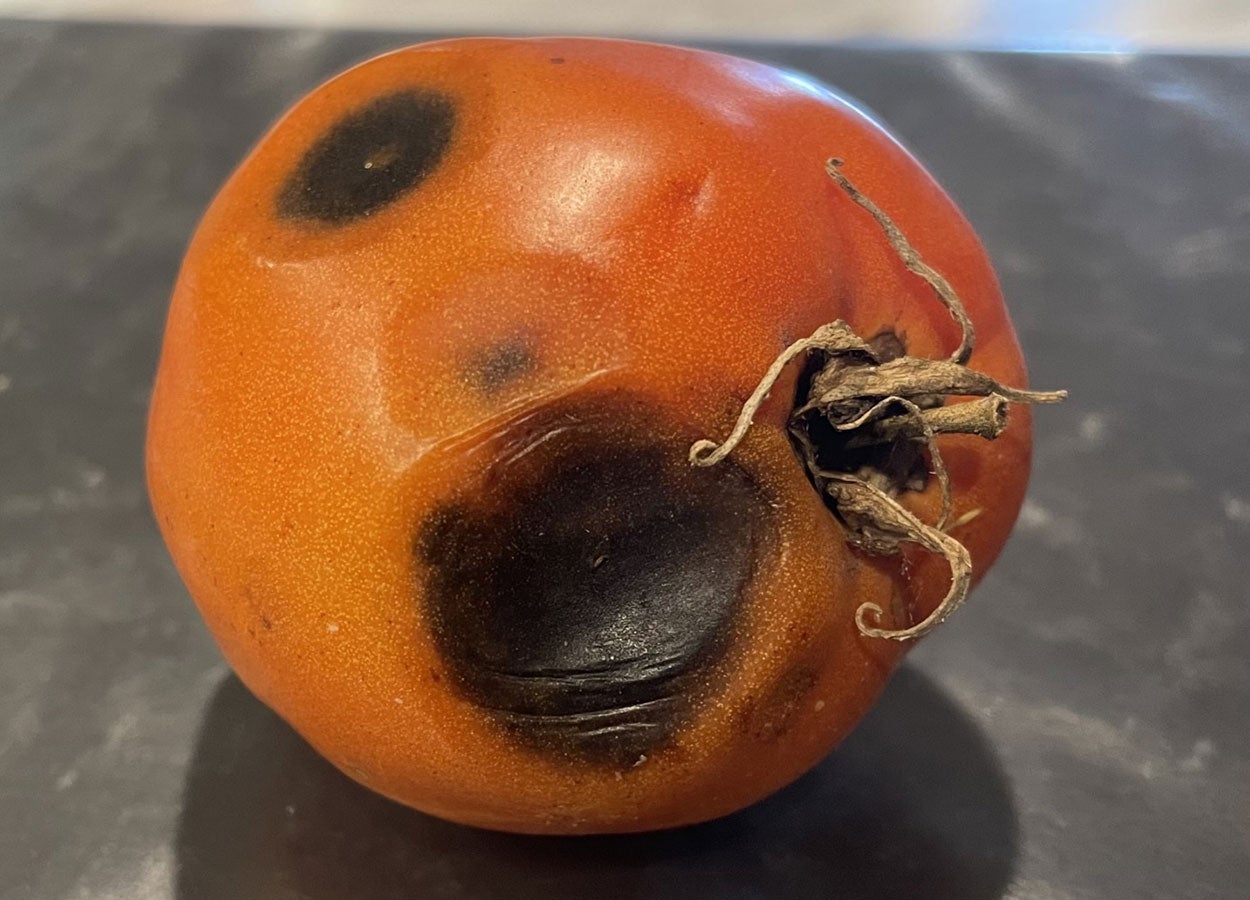
Bacterial Soft Rot
Bacterial soft rot is a common disease that can occur in a variety of fruits and vegetables. Learn how to identify and manage it before it impacts your harvest.
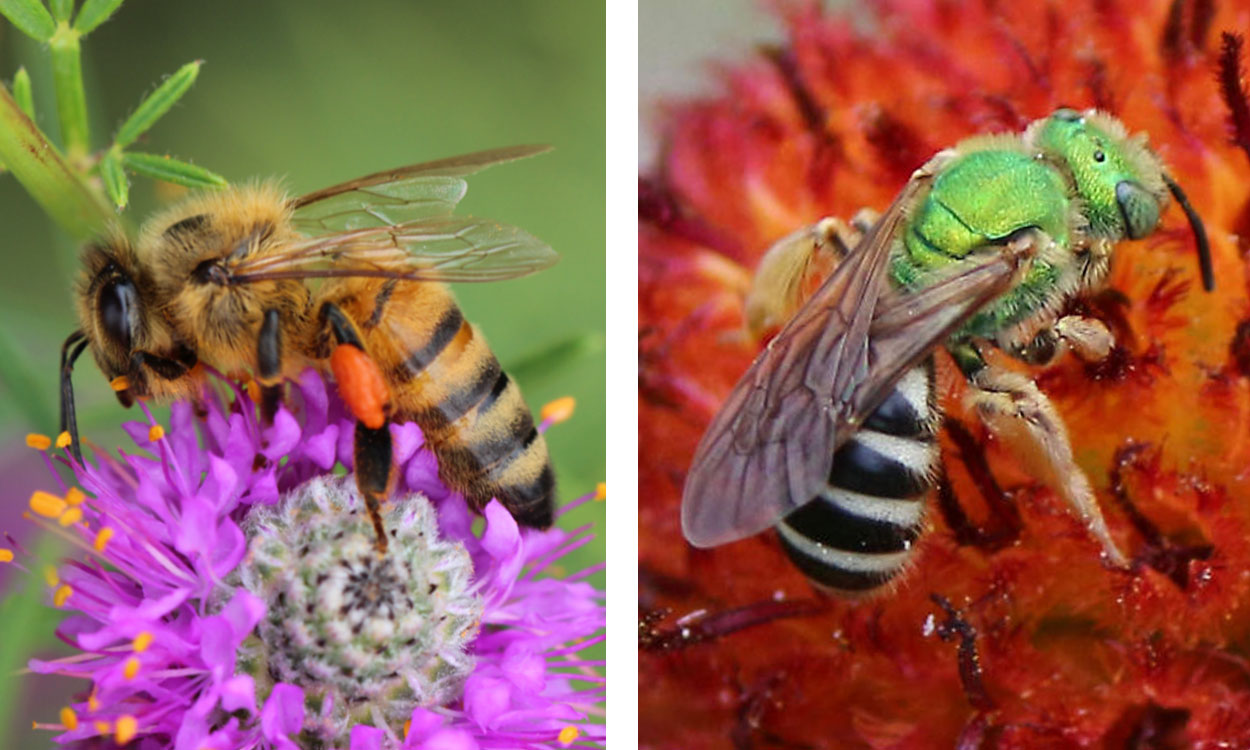
Beneficial Pollinators: Honey Bees and Bicolored Striped-Sweat Bee
With temperatures increasing in South Dakota, expect to see an increase of beneficial pollinators searching for blooming plants. Learn about two important pollinators, the honey bee and the native bicolored striped-sweat bee.

Midwest animal science meeting to highlight SDSU research
February 18, 2025
This year’s meeting is March 9-12, 2025, in Omaha, Nebraska, and will include student competitions, symposiums and presentations highlighting the research students and faculty are conducting.

SDSU Extension welcomes new 4-H Youth Program Advisor for Tripp/Gregory counties
February 01, 2023
South Dakota State University Extension is excited to welcome Jamie Wolf as the 4-H Youth Program Advisor for Tripp and Gregory counties.